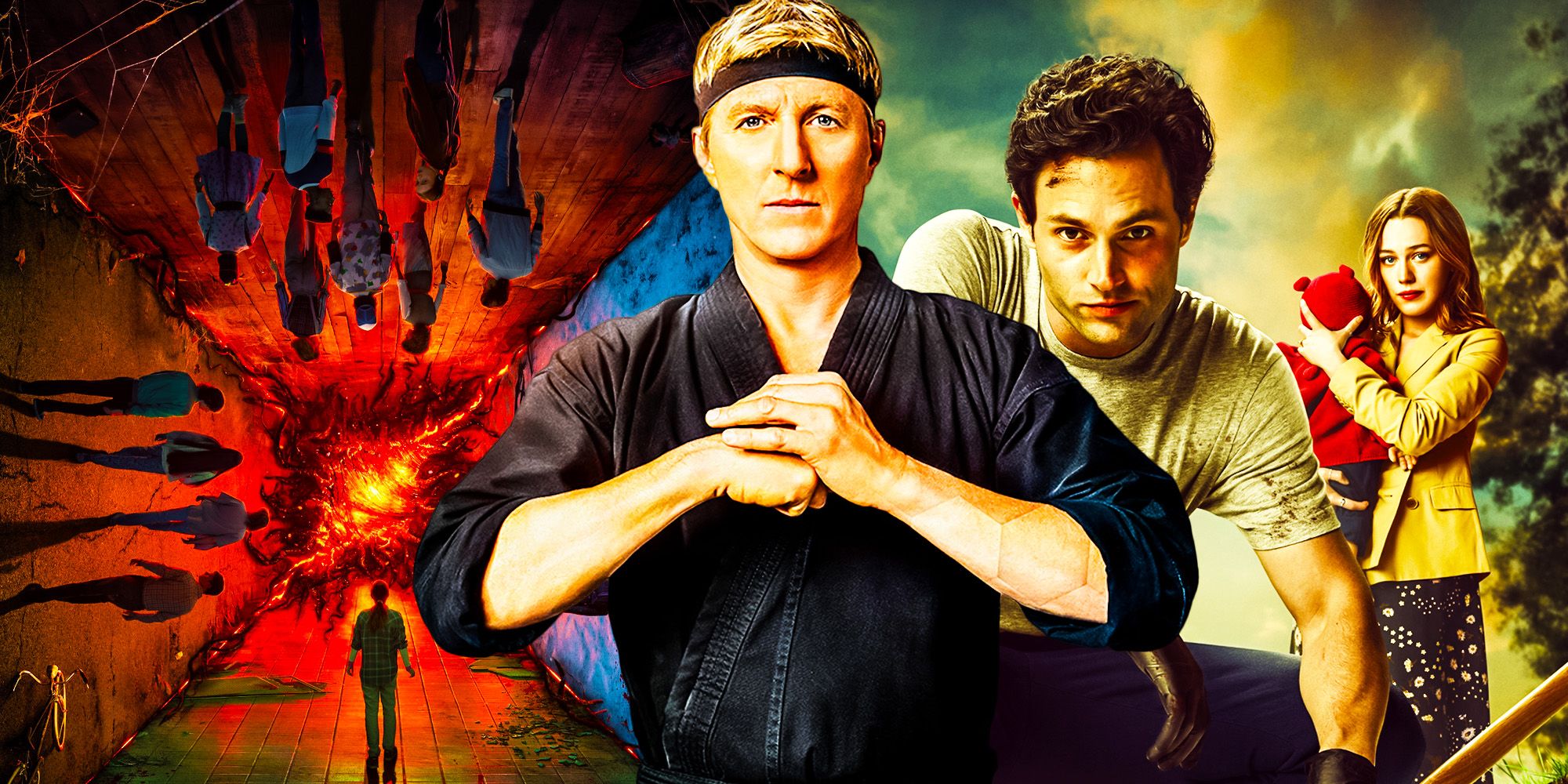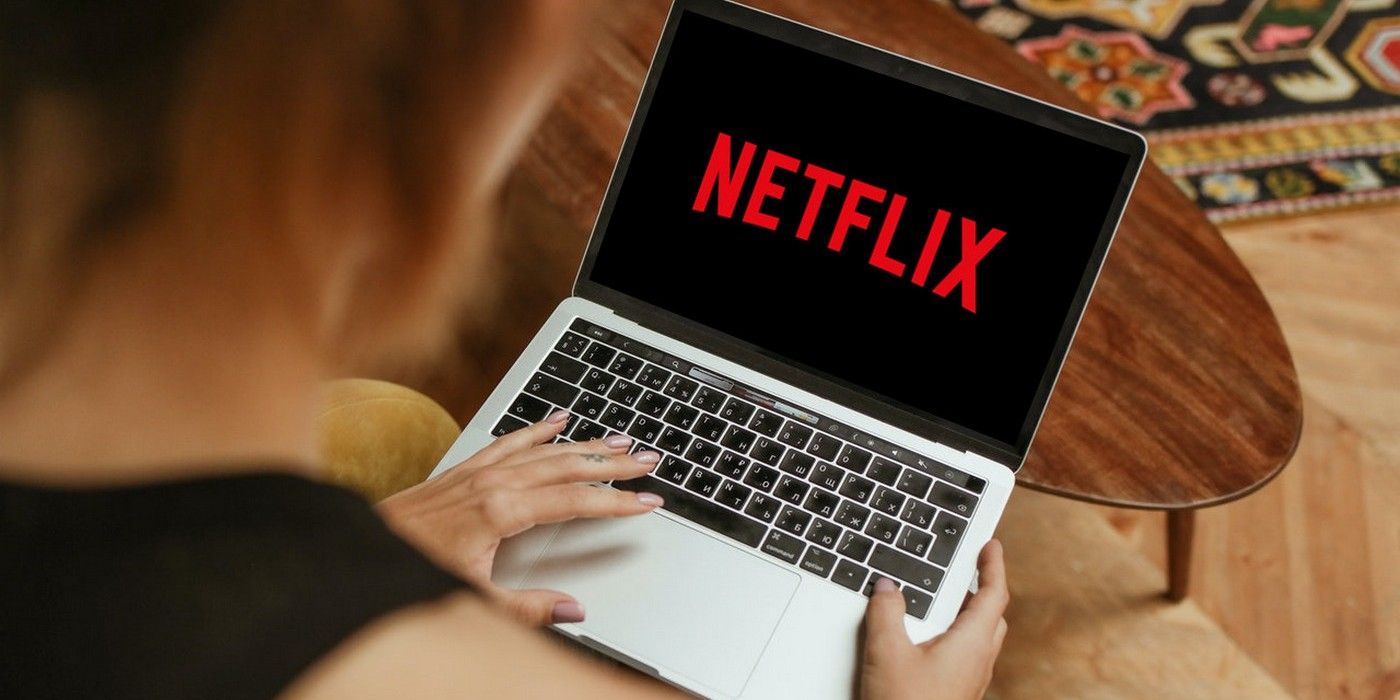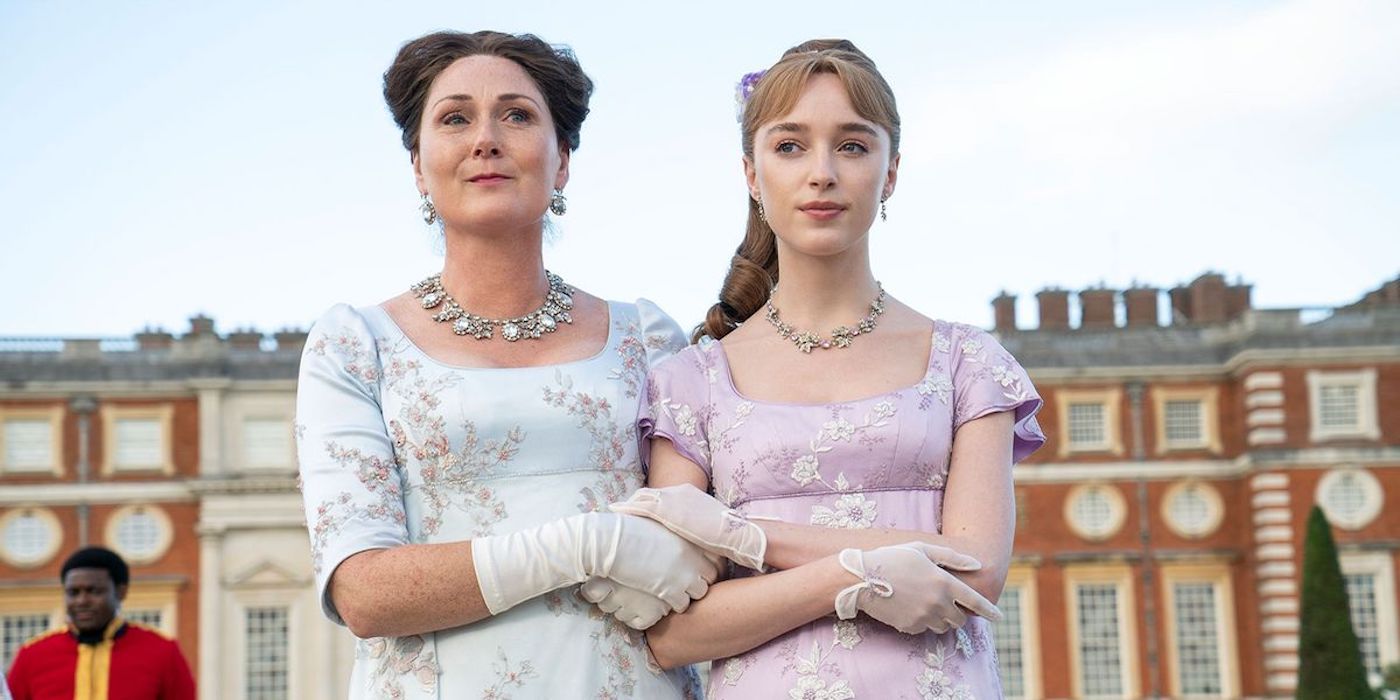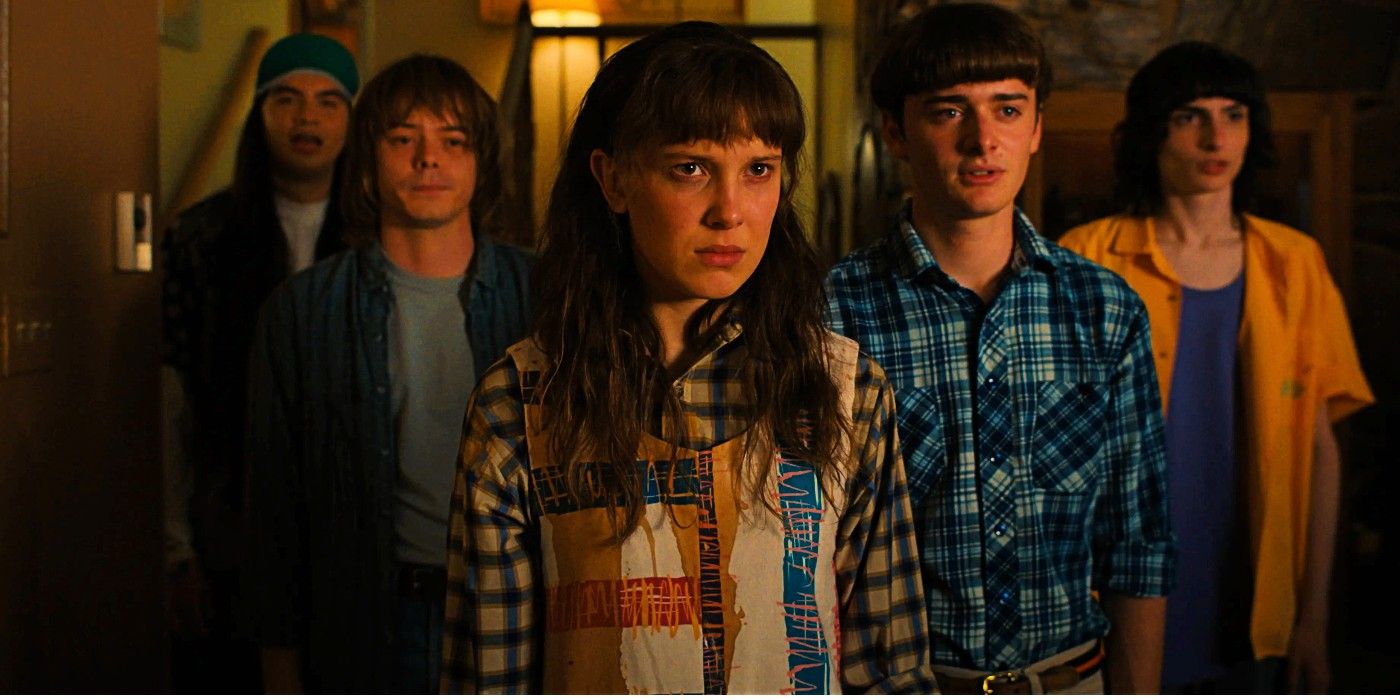
Netflix needs to move away from binging if it wants to stop its inevitable decline. For the first time in ten years, Netflix has reported a loss in overall subscriber numbers. Although the streaming service is eager to blame password sharing for the drop, its current approach to releasing and promoting content is the more likely cause.
Since establishing itself as a streaming service in 2007, Netflix has been one of the top sources for online streaming content. As other such platforms have risen overtime, thus limiting available options to license from other companies, Netflix wisely shifted away from a focus on offering other titles and toward creating and promoting its own original content. Shows such as Squid Game and Bridgerton, along with popular movies like Red Notice and The Adam Project, ensured that Netflix remained competitive despite growing support for other platforms like Disney+. Yet despite such success, its Q1 earnings for 2022 reported negative subscriber numbers, and Netflix doesn't anticipate that changing anytime soon.
The streaming service has been blaming these falling numbers on password sharing, where a subscriber shares their account with someone outside their household. In response, Netflix has been experimenting with monetizing this practice, by allowing subscribers to share their account for a price, and has also considered offering a cheaper ad-based option, similar to Hulu's subscription tiers. Yet both of these ideas fail to take into account another potential reason why Netflix has been steadily losing subscribers.

Netflix's Q1 earnings for 2022 dropped from 221.84 million to 221.64 million, losing about 200,000 subscribers. The discontinued availability of Netflix shows and movies in Russia, due to their military action in Ukraine, can partly account for this loss since otherwise they would have gained about 500,000 subscribers. However, this is only a partial explanation for the decline because Netflix had initially expected to gain closer to 2.5 million, and this drop is projected to continue into Q2, during which the streamer expects to lose an additional 2 million subscribers unless something changes.
It's difficult to identify exactly what is causing this dip in users. Although Netflix has continually increased the cost of its streaming service, subscribers have expressed frustration with the availability of certain programs, how long they remain available, and the quality of some of its original offerings. If Netflix follows through with monetizing password sharing, that could cause it to lose far more of its subscribers to newer services like Paramount+ and HBO Max, whose original content, and more accommodating platforms, might better entice subscribers looking for something different. Netflix seems to fail to realize that the quantity of content that they offer will not put them back on top, but quality will.

Netflix offers subscribers the ability to easily binge content by releasing whole seasons of shows all at once. While this might have once been a major selling point for the platform at one point, it's now acting as a detriment for Netflix. Binge culture was especially popular during the lockdown era, during which many Netflix shows, such as Tiger King and Bridgerton season 1, were consumed in their entirety in very short amounts of time. With many people unable to go to work, or do much of anything outside the home, streaming services like Netflix were not only convenient, but seemed almost necessary to pass the time. However, now that many places are doing their best to remain open and return to some semblance of pre-pandemic normalcy, many have reentered the workforce and therefore have less time to sit down and binge an entire show and are less likely to stick with a show that is of lower quality. This necessitates being more choosy with what people decide to watch, and Netflix's approach to content makes such choices difficult. There is simply too much content made available all at once to viewers, and it is no longer convenient, but just oversaturating. In other words, binging doesn't suit the market anymore.

Netflix is considering many potential options in order to combat dwindling subscribers and profits, including monetizing password sharing and providing a cheaper, ad-based subscription tier, but their best bet for saving the streaming service is returning to their original release model. Instead of constantly releasing a plethora of new content all at once, Netflix should focus on fewer releases at the same time so that they can properly market the products. Many of Netflix's new shows get swept under the rug with the majority of their subscribers never even hearing about them because there is so much available that the streamer cannot possibly advertise all of it. The few offerings that do become breakout stars, such as Bridgerton and Stranger Things, do so more by word of mouth than Netflix promoting itself. If Netflix released less new content at once, then the platform would be able to better ensure that what gets released is of a quality worthy of the cost. Subscribers want to know that the money they're paying is worth it. Perhaps then they will be more likely to pay for it themselves instead of sharing others' passwords.
It is also no longer profitable for Netflix to release the entire season of a show all at once. By doing so, Netflix is not only overwhelming potential viewers, who will feel compelled to try to watch the entire season as soon as possible or risk spoilers online, but it is also minimizing possible marketing for it. Disney+ has been greatly benefiting from releasing one episode a week, causing shows like WandaVision and The Mandalorian to explode in popularity on social media. Viewers discuss the latest episode online, which generates more interest for it and guarantees more people will want to check it out for themselves. On the other hand, Bridgerton season 2 releasing all at once meant viewers discussed the entire season over a shorter time frame, and then the show largely fell by the wayside in favor of other ongoing projects. If Netflix wants to turn around their diminishing numbers and entice new subscribers as well as keep their current ones then they need to change the way they produce and release new content. Otherwise, Netflix are going to lose to competitors who have proven to be more adaptable to the times.
Comments
Post a Comment